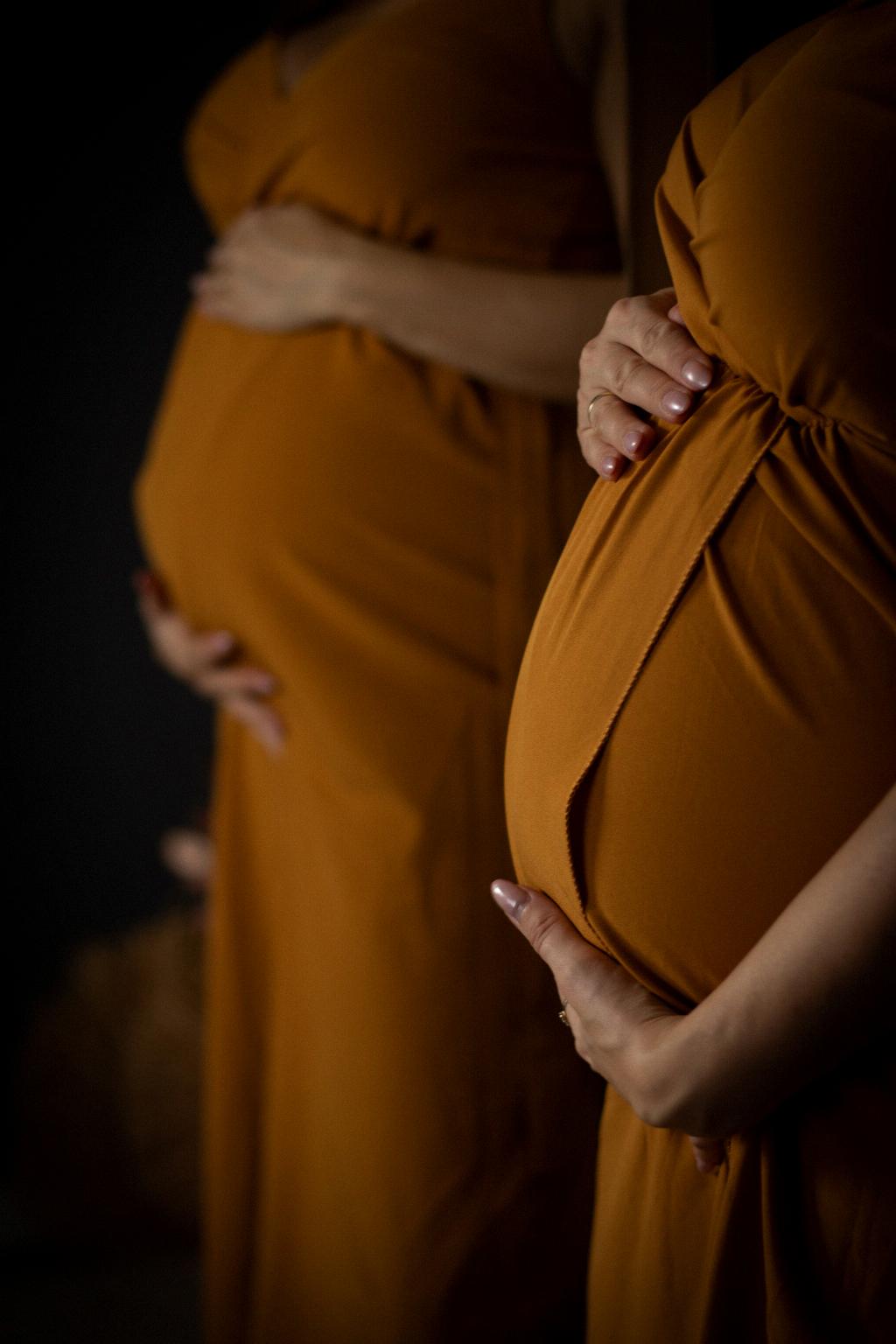After the miracle of childbirth, many new mothers are eager to shed the extra pounds gained during pregnancy. The common question that arises is, is it harder to lose weight after having a baby? Well, the answer is not a simple yes or no. There are various factors to consider when addressing this concern, and one of the primary factors impacting postpartum weight loss is hormonal changes.
For women, pregnancy triggers significant hormonal shifts in the body, and these changes do not simply reverse overnight after giving birth. It can take weeks, months, or even longer for the hormonal levels to stabilize post-pregnancy. These hormone fluctuations can affect metabolism, appetite regulation, and energy levels, making it more challenging for new mothers to lose weight.
In addition to hormones, lifestyle factors also play a crucial role in postpartum weight loss. The demands of caring for a newborn, disrupted sleep patterns, and limited time for self-care can all impact a mother’s ability to focus on healthy eating and regular exercise. The stress and emotional adjustments that come with motherhood can also influence eating habits and food choices.
Moreover, the physical changes that occur in the body during pregnancy, such as stretched abdominal muscles and loose skin, can make it harder to achieve a toned physique postpartum. While these changes are natural and expected after childbirth, they can affect a woman’s confidence and motivation to engage in weight loss efforts.
It is essential for new mothers to approach postpartum weight loss with patience and realistic expectations. Rapid weight loss is not advisable as it can negatively impact milk supply for breastfeeding mothers and lead to nutrient deficiencies. Instead, gradual and sustainable weight loss through a balanced diet and gentle exercise is recommended.
Support from healthcare professionals, such as doctors, nutritionists, and fitness trainers, can also be invaluable for new mothers navigating postpartum weight loss. These professionals can provide personalized guidance and practical tips to help women achieve their weight loss goals in a safe and healthy manner.
Furthermore, social support from family and friends can make a significant difference in a mother’s postpartum weight loss journey. Having understanding and encouraging individuals around to help with childcare or meal preparation can alleviate some of the stress and obstacles associated with losing weight after childbirth.
Setting realistic and achievable goals, celebrating small victories, and practicing self-care are essential components of successful postpartum weight loss. It is crucial for new mothers to prioritize their health and well-being, both for their own sake and for the well-being of their babies.
In conclusion, while losing weight after having a baby may present unique challenges due to hormonal changes, lifestyle adjustments, and physical transformations, it is indeed possible with dedication, patience, and support. By embracing a holistic approach to postpartum weight loss and maintaining a positive mindset, new mothers can achieve their health and fitness goals and feel empowered in their journey through motherhood.

